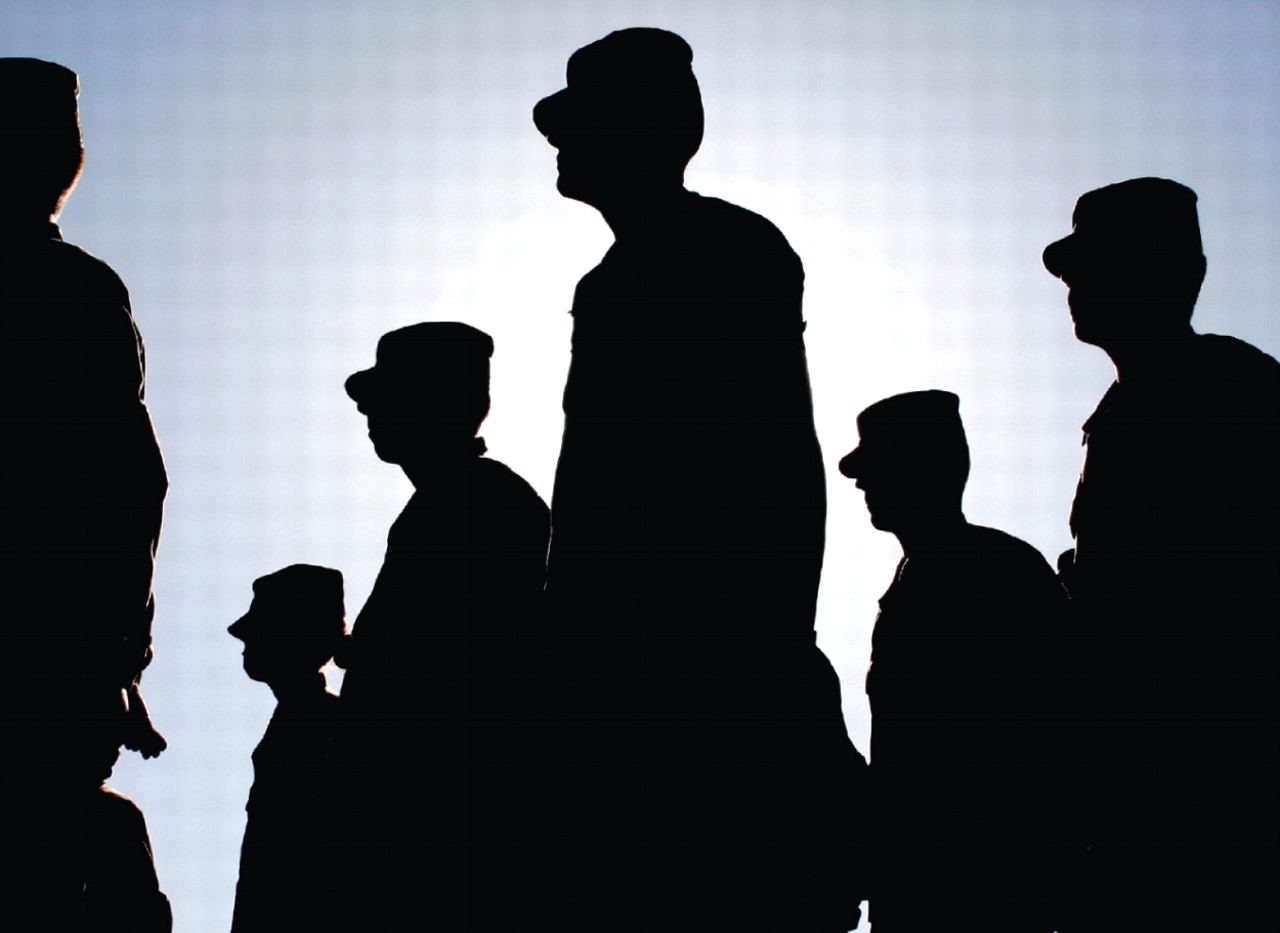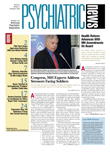Some American troops preparing for deployment to Iraq or Afghanistan have taken part in combat training using movie special effects that create a heightened sense of realism not only for the combat experience but for the emotions it generates as well.
Soldiers and marines sweep through villages constructed to look like dusty Middle Eastern towns and populated by Iraqi or Afghan actors while trying to sort friend from foe and dodging blank gunfire and noisy, but harmless, Hollywood explosions. Other actors, some of them veterans who have lost arms or legs, convincingly mimic traumatic amputations gushing fake blood.
That kind of realistic combat training might make soldiers more resilient when facing the shock of real battle, said Col. Jacques Ricard, a physician who is the chief land staff medical advisor for Canadian Forces. Ricard spoke at a program on the fighting in Afghanistan held at the Canadian Embassy in Washington, D.C., in September.
“Training gets the combat soldier or medic to do his job right in extremely stressful settings, even if later he decides he never wants to do it again,” said Ricard.
Much of the Canadian experience with military stress in recent decades came from participation in peacekeeping operations, especially in the former Yugoslavia, he said. “There, our troops saw mass graves left from ethnic cleansing, local poverty, and motor-vehicle accidents and faced the perception of threats but not battle injuries or deaths.”
With Canada's participation in NATO action in Afghanistan, however, it has suffered about 100 troops killed in action, 500 battle injuries, and 150 psychological injuries so far.
“There is a lag between the mission and the manifestation of psychological injuries,” he said. Realistic training may help, but so will having peers share prior combat experience with new troops, deploying mental health support personnel farther forward, continuing the use of “decompression” stops in Cyprus on the way home, and educating soldiers and their supervisors about mental health problems and care for those problems.
Canadian Forces' medical staff try to keep psychologically injured soldiers close to their units in the hope that they will recover and return to duty, but if that doesn't work, they can be repatriated, said Ricard.
Among U.S. troops, mental illness is the leading cause of hospital bed days and the second-ranking reason for medical encounters, said Lt. Col. Michael Bell, a physician with the U.S. Army Center for Health Promotion and Preventive Medicine. These mental health problems arise from more than the familiar stressors such as lengthy and multiple deployments, combat, sleep deprivation, battle wounds, and the sight of civilian casualties, he noted. “Stress also comes from soldiers doing unfamiliar jobs—like armored troops going on foot patrol—or from a changing sense of mission as we move to counterin-surgency,” said Bell.
The United States has sought to counteract this stress by placing clinicians as close as possible to where its troops patrol or fight and by educating soldiers about how and when to seek mental health care.
However, Bell pointed out, “Stigma remains a pervasive problem and crops up in four different ways.”
On a personal level, a soldier's sense of worthlessness may block him or her from seeking help, he said. Soldiers may fear that disclosure of mental health problems could harm their careers. Ridicule and gossip from peers may be the worst manifestastion of stigma. Senior leaders in the military have come to appreciate the harm that entrenched stigma directed at mental health problems and treatment causes, but mid-level management remains a problem, despite antistigma education efforts.
“If soldiers have high combat exposure and poor leadership, they end up with more mental health problems,” he said. “But many also say they have grown as a result of deployment and combat, and the outcome may depend on their unit leadership and peer support.”
“If given good training, there is less chance that one event will push them over the edge,” said psychologist Sonya Norman, Ph.D., an assistant professor in residence at the University of California at San Diego's Department of Psychiatry.
Learning in a heightened emotional state produced by realistic training exercises improves recall in a way similar to that produced by the emotional reactions that arise in combat, she explained. “Feelings of incompetence increase stress, while inaccurate appraisal by the soldier of threats, leads to errors and more stress.”
Furthermore, combat often shatters the sense, ingrained since childhood, of a just, orderly world, said Norman. “For some, that leads to feelings of self-blame and that the world is completely meaningless, full of danger, and that they can't control it.”
She cited the case of a soldier who, acting legally under the rules of engagement, shot and killed a civilian in Iraq. The man came to see himself as a “monster” afterward. Norman used realistic training videos to spark discussions with the soldier and ultimately get him to use self-Socratic methods to address memories of the event.
“You can't prevent psychological or moral injuries; you can only reduce them,” said Norman. “The patient will always have the image and the knowledge of the event, but he can learn to live with it.”


